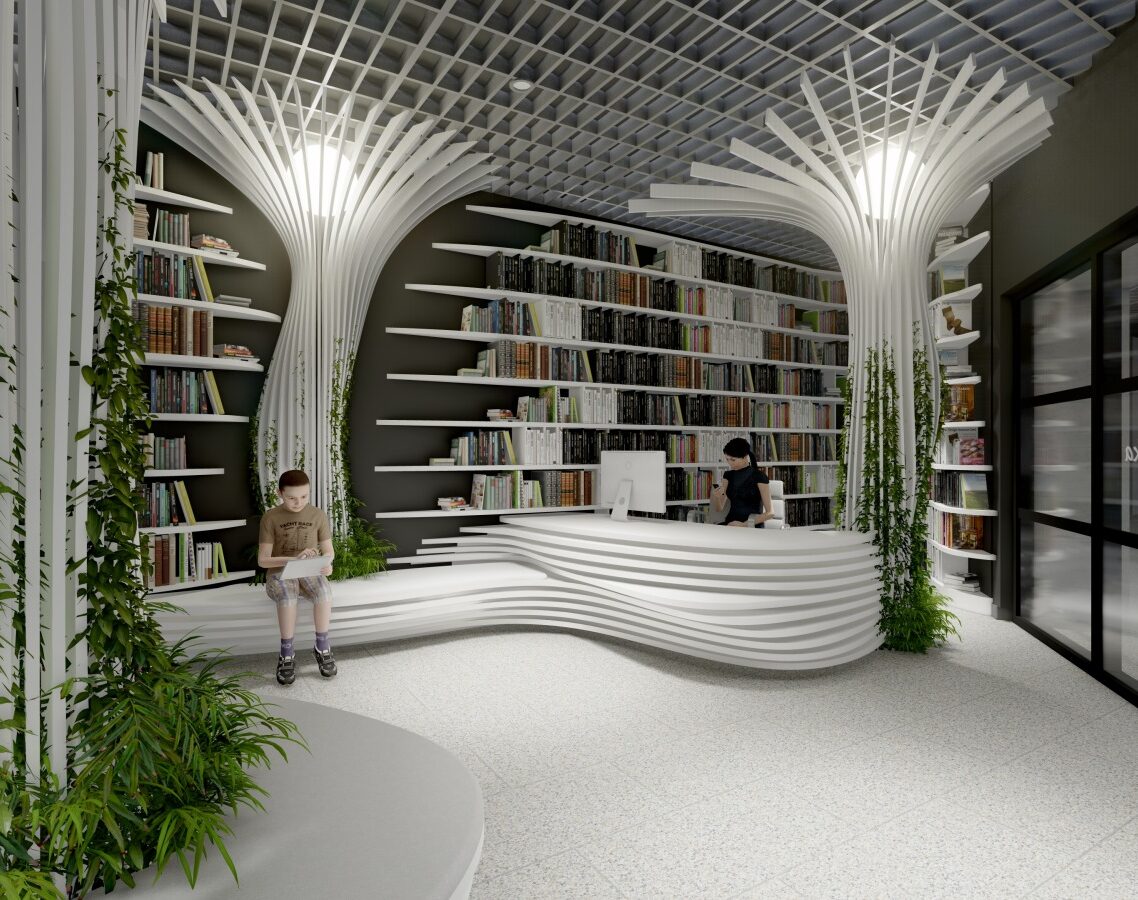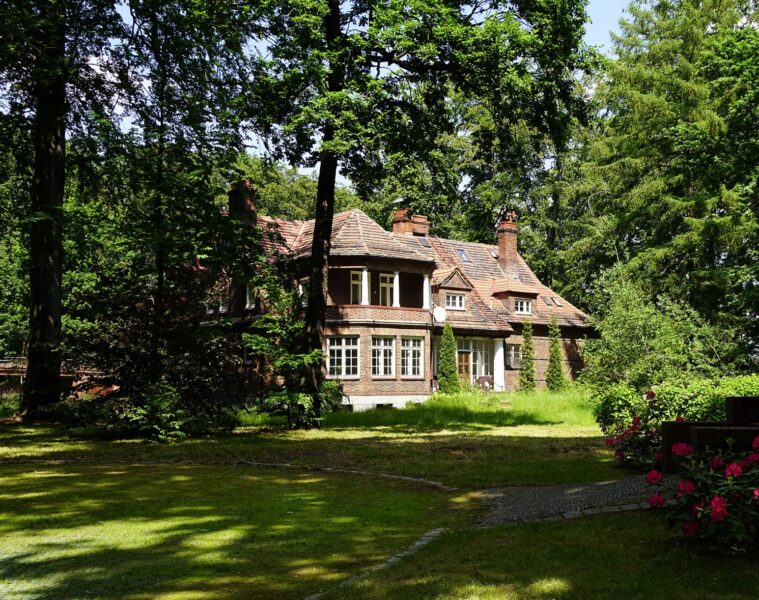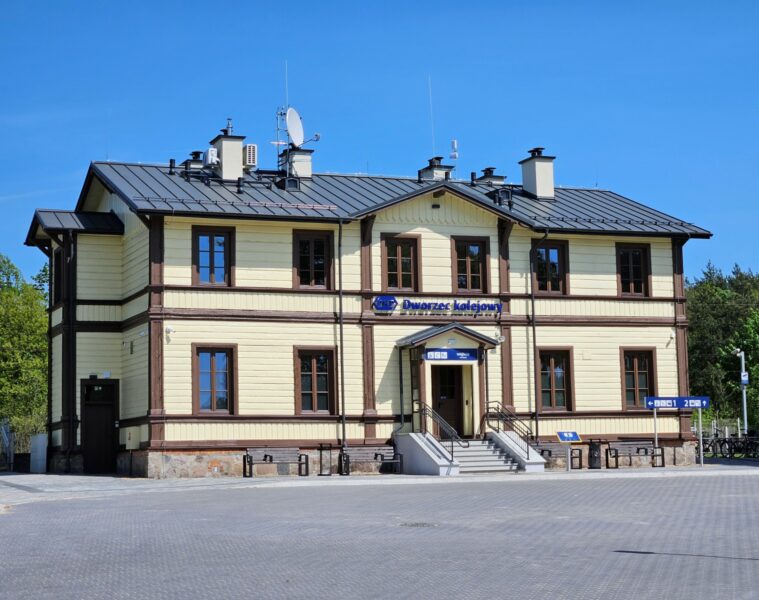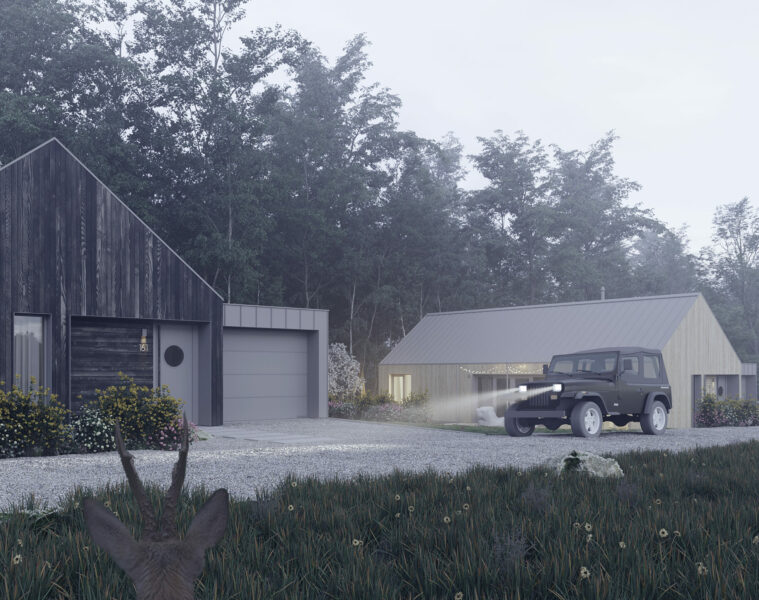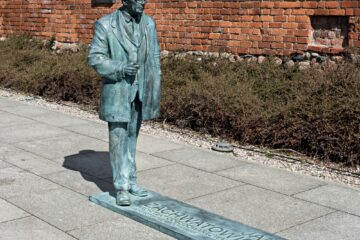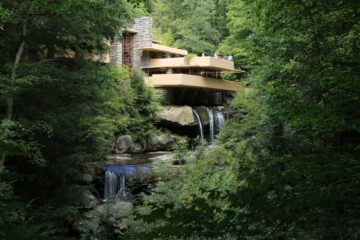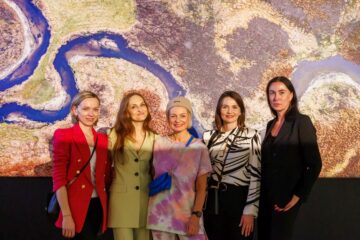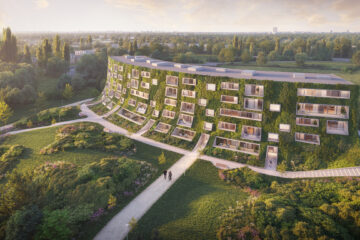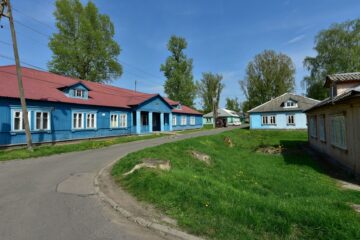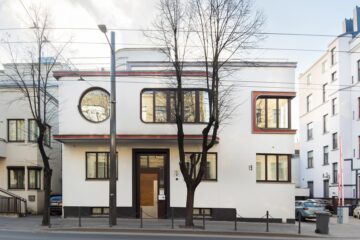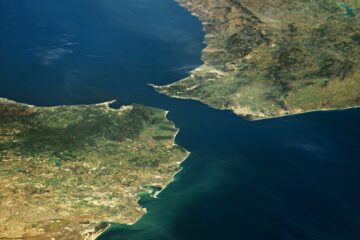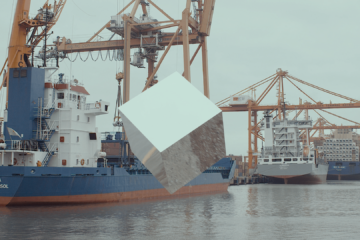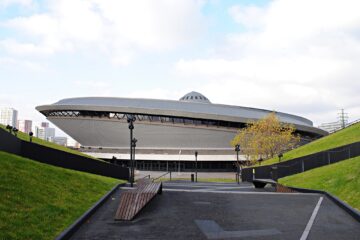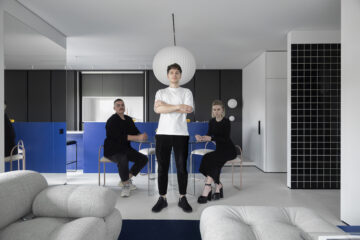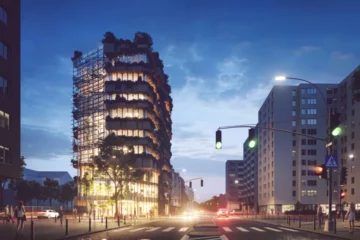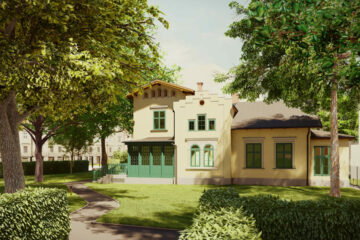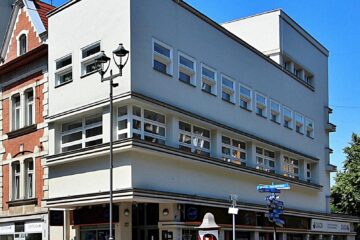The ONE/THEM exhibition can be viewed at the EL Gallery Art Centre in Elbląg. The exhibition was organised in the space of the nave and chancel of a former medieval church. ONE/THEM is a site – specific installation with post-anthropocentric overtones.
Curatorial text:
For several decades, one of the most significant reasons for the escalating effects of the climate catastrophe has been the failure of multinational corporations or national governments to initiate real action. Those who head them consider the need to maintain influence and profit at all costs to be their highest value, which, in the perspective of the next few decades, may even lead humanity to the brink of self-destruction.
However, the act of dissent against such a vision of the future is already emerging within groups whose voices are marginalised in the public debate. Local farming communities, workers losing their jobs, or residents of smaller towns and villages seeing the areas they inhabit degraded are just some of the communities that may be even more vocal in their opposition to decision-making groups hostile to the necessary changes. By communicating the impact of climate catastrophe on specific regions, it is possible to spark the imagination of smaller communities and inspire them to revolt. The hope of building a better future can be born from within the grassroots communities that are forming, willing to express their anger and opposition to the cataclysm that is already making itself present in their immediate surroundings.
Zuza Golinska and Iza Tarasewicz’s first joint exhibition poses the question of the conditions under which a collective voice of resistance emerges. Both sculptors analyse global problems in a local context, while building relationships with the communities they co-create.
Although Zuza Golińska lives in Warsaw, she often returns to her hometown of Gdansk, where she creates sculptures from steel in a workshop located in the post-shipyard areas. Confronting the myth of the man-worker, the artist breaks the stereotypical division of roles fixed in our culture. By transforming industrial materials, she makes direct reference to the history of her own family, the members of which were employed in the maritime industry.
Iza Tarasewicz, working in her family’s Kolonia Koplany near Białystok, touches in her works on themes related to, among other things, the rhythm of work and the changes taking place in the Polish countryside. Her projects are preceded by detailed research into the history of peasants.
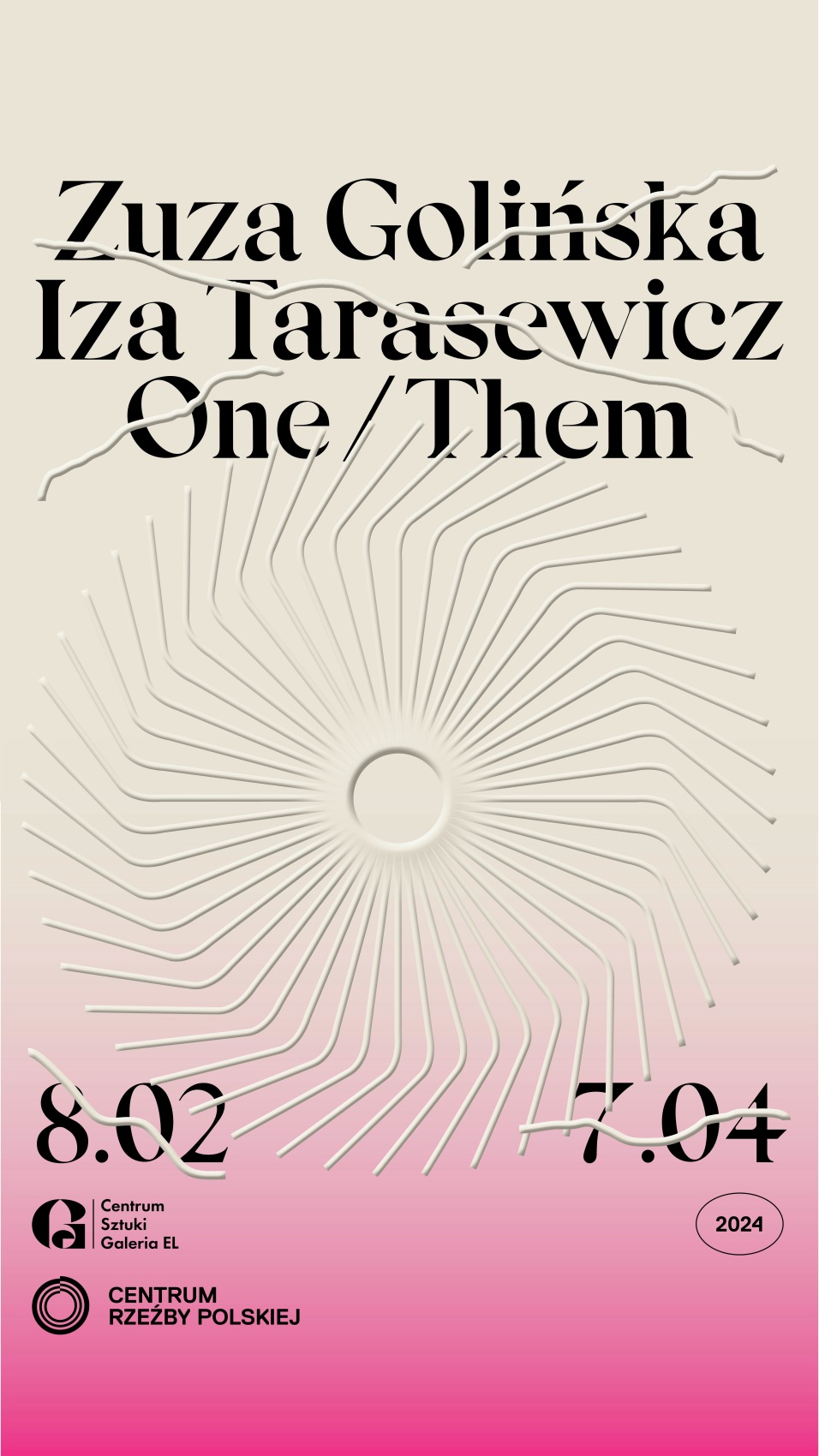
Using abstract language and introducing the recording of movement into her works, the artists builds a story about relations between social groups and their dependence on the surrounding environment.
Rachitic and saturated with colour, Zuza Golińska’s Insects create abstract drawings in space and imbue it with a record of dynamic movement. This restless swarm creates a vision of the not-too-distant future, in which insects may acquire completely different functions. Does this group of objects represent a plague of locusts devouring the harvest of human labour, or are we dealing here with cultured food in the form of insects or robotic insect hybrids replacing now extinct pollinators?
The group of objects entitled Revelation of Powers / Revelation of Powers, by Iza Tarasewicz, echoes the resistance of peasant communities. The artist found inspiration for her works made of oxidised steel in the historical revolts of farmers and the folk utopias they created. The work as a whole, similar to a stroboscopic barricade suspended in motion, is also about the dynamics of protest and the power of grassroots involvement. Tarasewicz’s realisation is a visual fixation on the cycle of the daily, monotonous earthwork, or the repetition of the mazurka rhythm, which points to the artist’s inspiration by choreology, which deals with ways of graphically representing folk dances. Taking into account the contemporary context of the fight against drought and the obstructed access to natural crops for many societies, contemporary themes related to the global distribution of food and the blocking by Russian invaders of grain deliveries from Ukraine or migrants attempting to cross the Polish-Belarusian border become visible in this work.
The installation by both artists is an ambivalent story showing the difference in interpretation of phenomena between the global and the local context. The realised statement, which is an expression of the artists’ belief in collective causality and the possibility of rebellion by unheard communities, is combined with a reflection on the ambiguous struggle of the elements, leading our species towards catastrophe.
Finally, the title of the exhibition itself is taken from a 1954 film by Gordon Douglas entitled One! Its plot tells the story of killer hive ants created by a nuclear explosion. Although this camp classic with its naïve special effects may leave a rather ironic smile on the face of the contemporary viewer, it deals with the ever-present problem of the extinction of a species caused by the effects of invasive human activity. The exhibition was previously hosted at the Centre of Polish Sculpture in Orońsko.
The exhibition runs until 7 April 2024.
Artists: Iza Tarasewicz(www.izatarasewicz.com), Zuza Golińska(www.zuzagolinska.com)
Venue:El Elbląg Gallery(www.galeria-el.pl)
Curator: Stanisław Małecki
Coordination and sound: Maciej Olewniczak
Photography: Tomasz Maryks
source: organiser’s materials
Read also: Art | Culture | Sacred architecture | Brick | Featured | whiteMAD on Instagram










